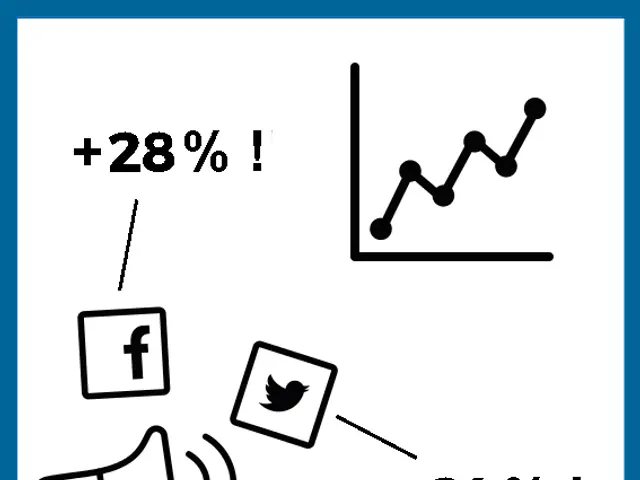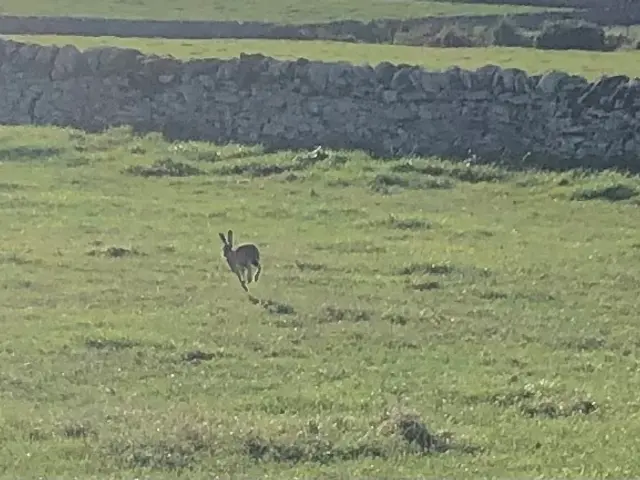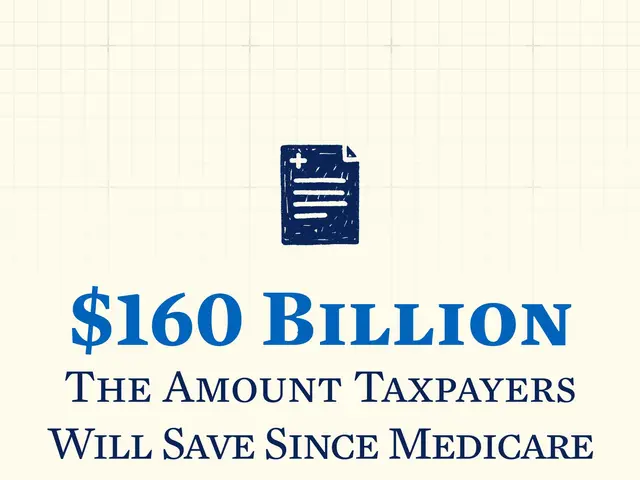New collective bargaining agreement in the National Women's Soccer League establishes a blueprint for talks between players and the Women's National Basketball Association.
Revamped Earnings and Equitable Salaries: Negotiations for the WNBA's New CBA
With the current Women's National Basketball Association's (WNBA) Collective Bargaining Agreement (CBA) set to expire on October 31, 2025, the Women's National Basketball Players Association (WNBPA) is gearing up for a fresh round of negotiations. The stakes are high, as an agreement is crucial to avoid a potential work stoppage. Much like their counterparts in the National Women's Soccer League (NWSL), WNBA players are leveraging their influence and visibility to push for significant changes.
Increased Earnings Potential
In the face of the WNBA's business growth, players are focused on a revamped salary system. While the current WNBA CBA's salary cap of $1.5 million offers some compensation, the union is urging for an increase far surpassing this figure. By doubling the current cap, players aim to reflect the league's growing revenue and visibility.
Revamped Revenue-Sharing System
The WNBPA is also pushing for a restructuring of the revenue-sharing system. Currently, players receive 50% of all incremental revenue. However, this amount could increase if players meet specific targets. In the past, these targets have proved elusive, even during years marked by increased sales. In light of these challenges, players are advocating for a greater portion of the league's total revenue to be shared.
Expanding Roster Sizes and Enhancing Player Benefits
The WNBPA is also exploring opportunities to expand roster sizes to better foster player development and competition. Under current conditions, drafted players often fail to make opening-day squads due to salary cap restraints and limited roster spots.
Similar to the NWSL, WNBA players are seeking improvements in family planning services, childcare benefits, and overall health and wellness services. With an increasing number of athlete mothers, these benefits are of utmost importance.
Competing Domestic Leagues and Salary Trends
As more players opt to stay in the US during the off-season with the rise of alternative leagues like Athletes Unlimited and Unrivaled, higher salaries and family-friendly benefits give players more leverage during negotiations. The WNBA is keen to ensure its players prioritize its calendar to ensure the league's continued growth.
Leveraging Progress in NWSL Negotiations
The accomplishments of the NWSL can serve as inspiration for WNBA negotiations. Successes include increasing salaries through a revenue-sharing mechanism tied to media rights and sponsorships, nixing the draft to level the playing field, and offering guaranteed contracts and no-trade clauses to improve player security. Players can hope to see similar improvements.
Nonetheless, the WNBA still faces challenges, such as roster limits, which have been a topic of contention between players and commissioner Cathy Engelbert.
Staying Ahead of the Game
The WNBA's negotiations promise to be another important step in the push for equitable treatment, fair compensation, and growth for women's professional sports leagues. With star players like Caitlin Clark actively involved, this upcoming CBA may mark another monumental shift towards equality and respect in the sports industry.
Related Story
DAZN's Club World Cup Rights Cost $1B; Its Streams Are Free
[1] Logan Murdock, "WNBA players want bigger piece of the pie, but the league is reluctant to oblige", Jackson Free Press, [URL][2] Mina Kimes, "Why the WNBA might actually be able to negotiate a fair deal someday", The Ringer, [URL][3] Doug Feinberg, "WNBA players opt out of labor deal, face possible work stoppage without new contract", Washington Post, [URL]
- The WNBPA is advocating for a revised salary system in the upcoming CBA negotiations, aiming to double the current $1.5 million salary cap to reflect the league's growing revenue and visibility.
- In addition to salary restructuring, the WNBPA is pushing for a reworking of the revenue-sharing system, urging for a greater portion of the league's total revenue to be shared with the players.
- As more players opt to stay in the US during the off-season, with the rise of alternative leagues, WNBA players are leveraging the opportunity to negotiate for higher salaries, family-friendly benefits, and better player development opportunities.
- The successes achieved by the NWSL in their negotiations, such as increasing salaries through a revenue-sharing mechanism tied to media rights and sponsorships, offer inspiration for WNBA players as they enter the process of negotiating a new CBA.








